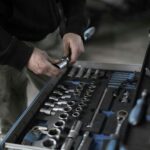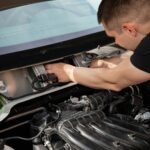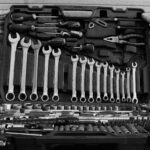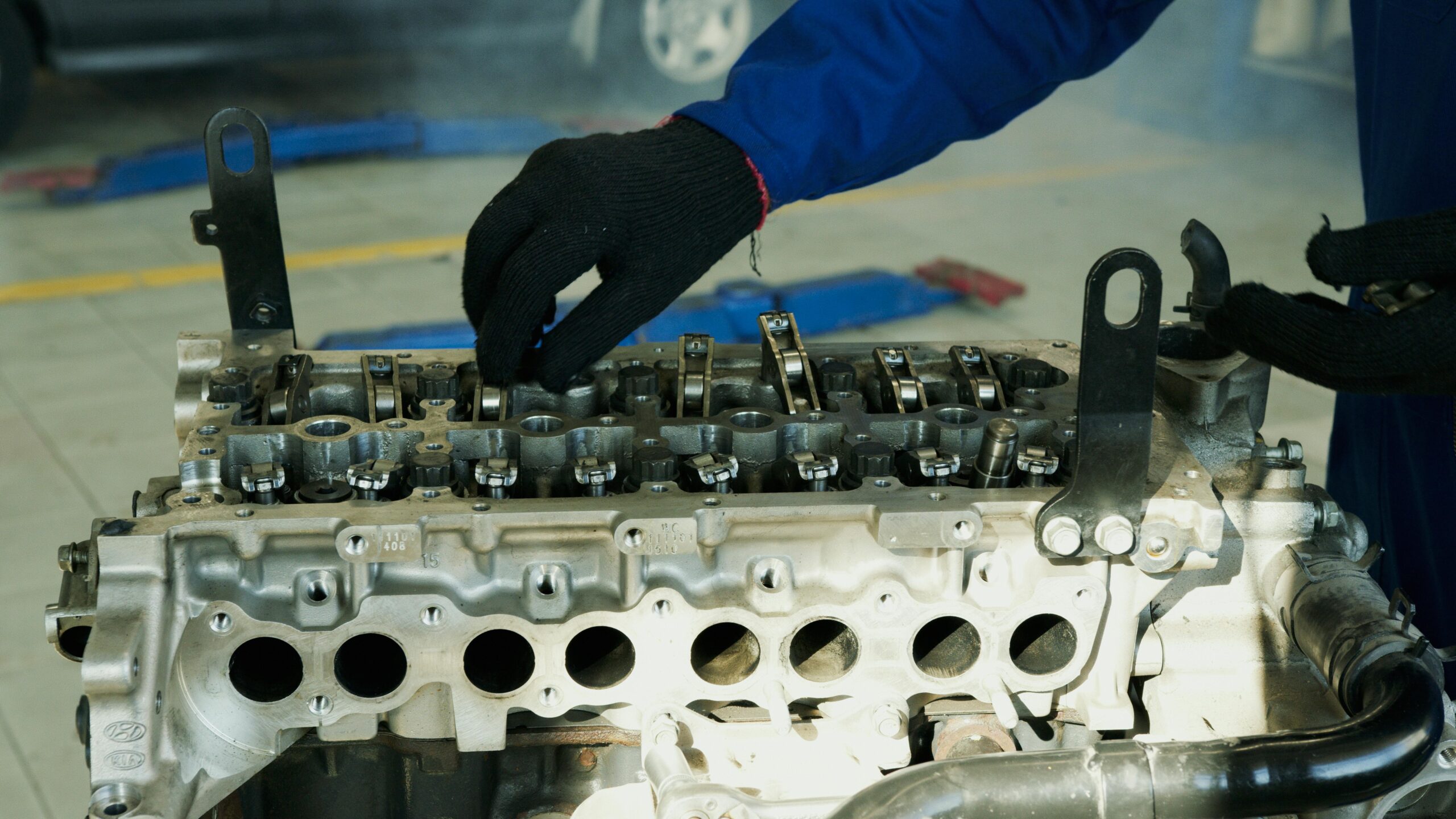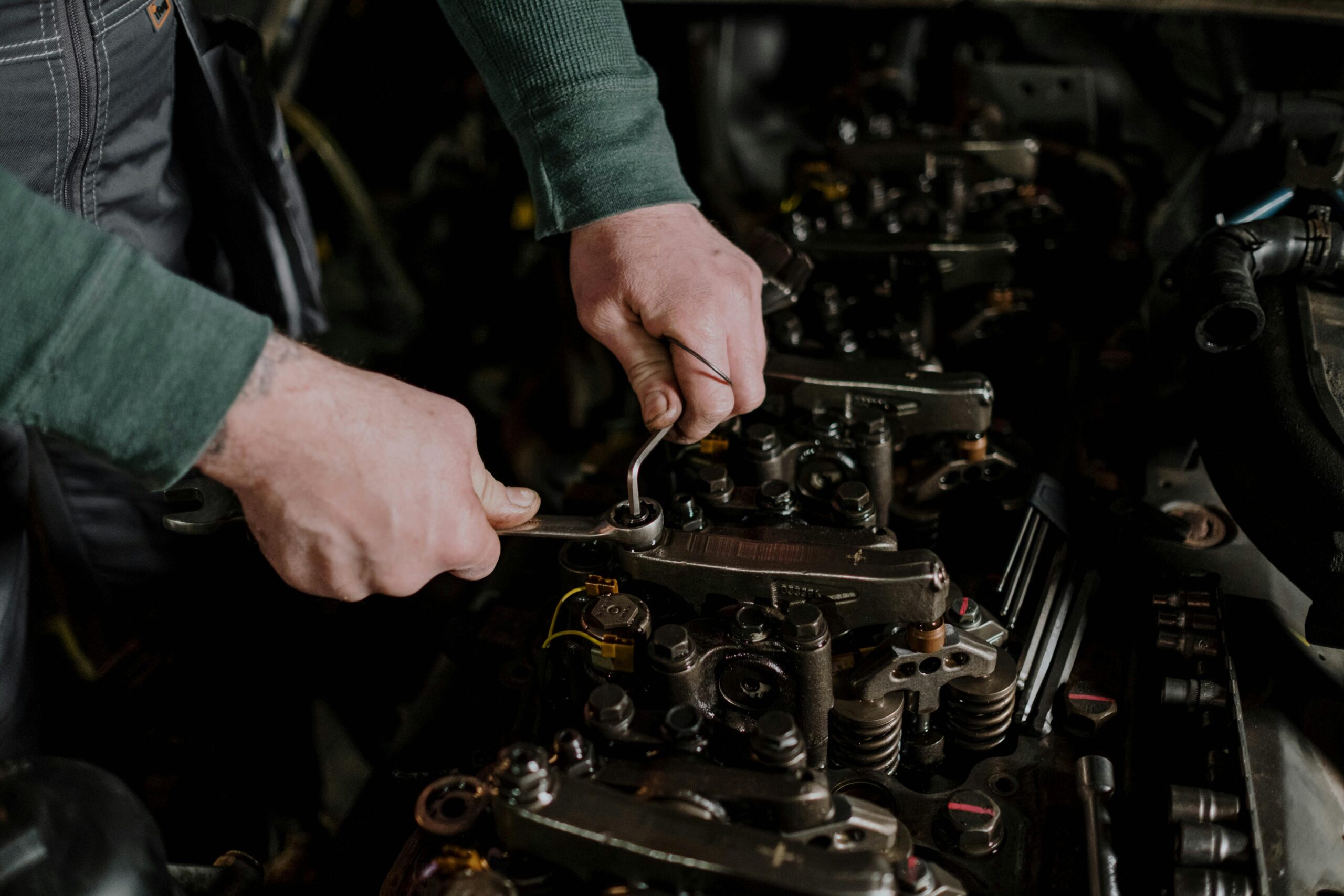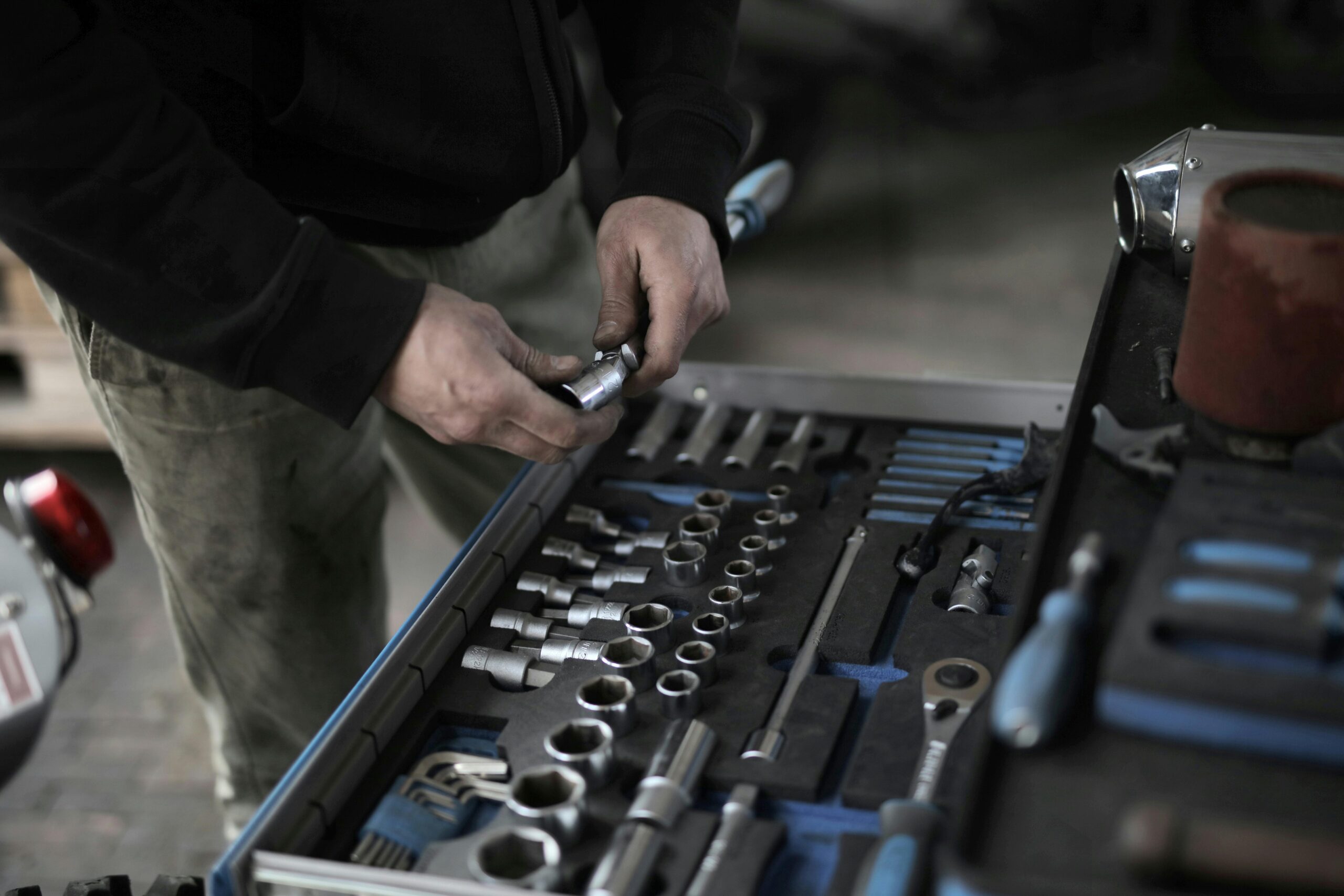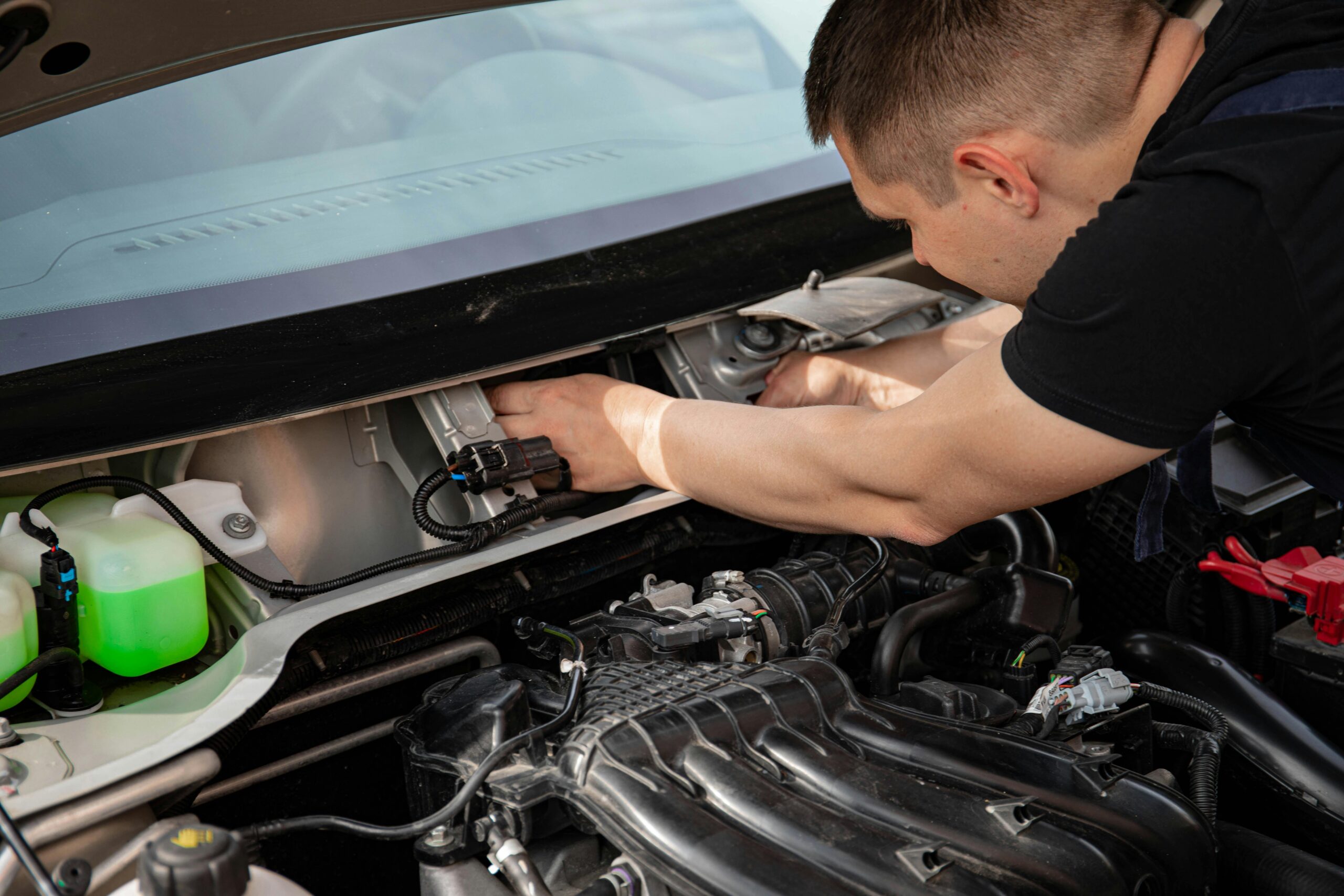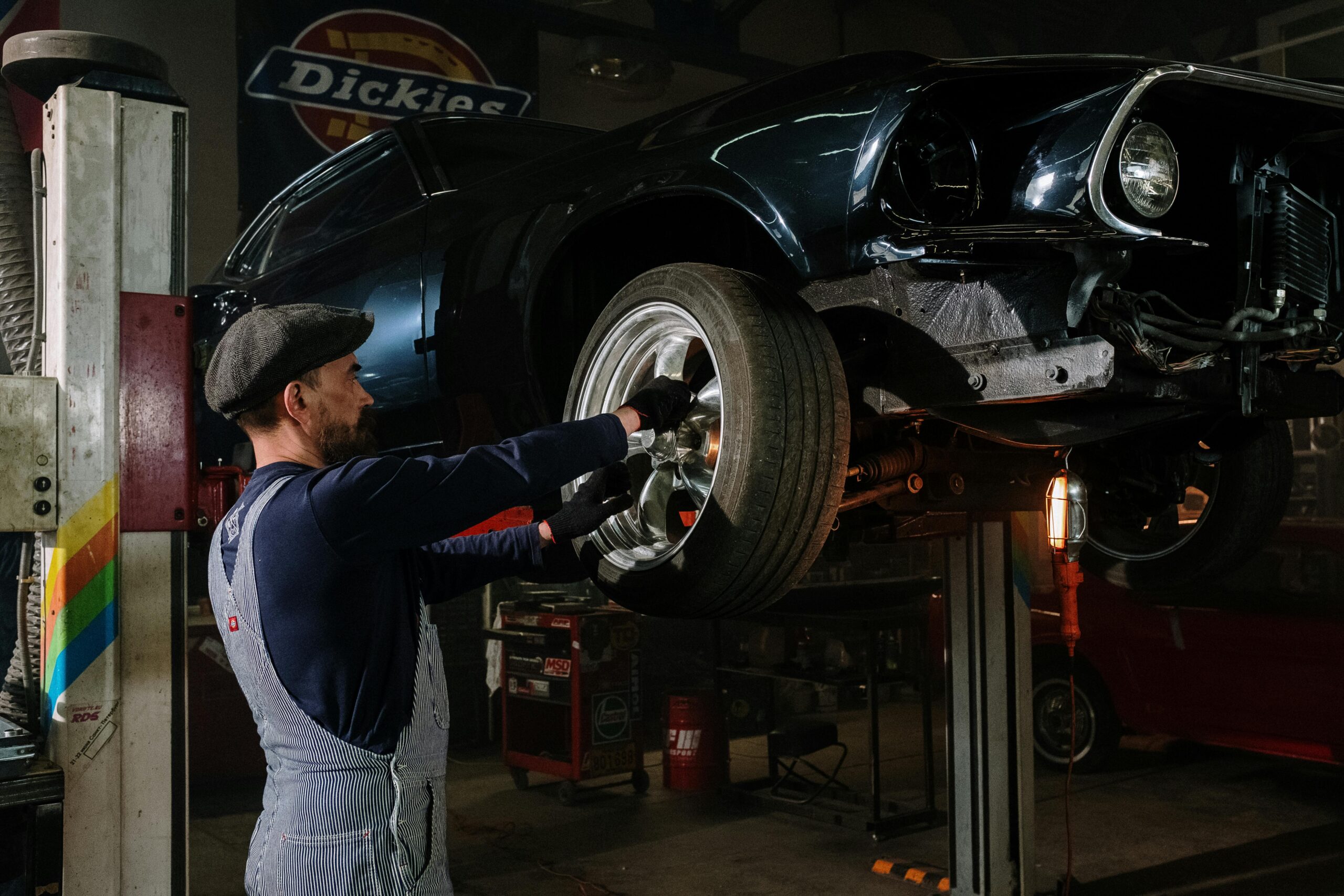Modern cars are more advanced than ever, and with that comes the need for reliable diagnostic tools. These devices help car owners and mechanics identify problems quickly without wasting time or money on guesswork. But with so many options available, how do you choose the right diagnostic tool for your vehicle? Let’s break it down.
1. Understand What a Diagnostic Tool Does
A car diagnostic tool, often called an OBD2 scanner, connects to your car’s onboard computer system. It reads error codes, checks engine performance, and even monitors real-time data like fuel efficiency or emissions.
2. Check Vehicle Compatibility
Not all diagnostic tools work with every car. Make sure the scanner supports your vehicle’s make, model, and year. For example, cars manufactured after 1996 usually support OBD2 scanners, but older cars may need different tools.
3. Decide Between Basic and Advanced Tools
- Basic OBD2 Scanners: Show error codes and simple details. Perfect for daily drivers who just want to know the problem.
- Advanced Scanners: Provide live data, ABS/SRS checks, and detailed reports. Ideal for car enthusiasts and mechanics.
4. Look for User-Friendly Features
Choose a tool with a clear display, easy navigation, and simple instructions. Some scanners even connect to your smartphone via Bluetooth, making them convenient and portable.
5. Consider Software Updates
Cars are constantly evolving. Pick a diagnostic tool that offers regular software updates so it can stay compatible with new models and advanced features.
6. Price vs. Value
While cheaper tools may be tempting, they often lack accuracy or advanced functions. It’s better to invest in a reliable scanner that provides accurate results and lasts longer.
7. Read Reviews and Ratings
Before buying, check online reviews from other car owners. Real user experiences can give you valuable insights about durability, performance, and ease of use.
Final Thoughts
Choosing the right diagnostic tool depends on your needs. If you’re a regular driver, a basic OBD2 scanner will be enough. But if you love working on your car or run a small garage, investing in an advanced diagnostic tool will save time and money in the long run.
Being prepared with the right tool ensures you stay in control of your car’s health—without unnecessary trips to the mechanic.


